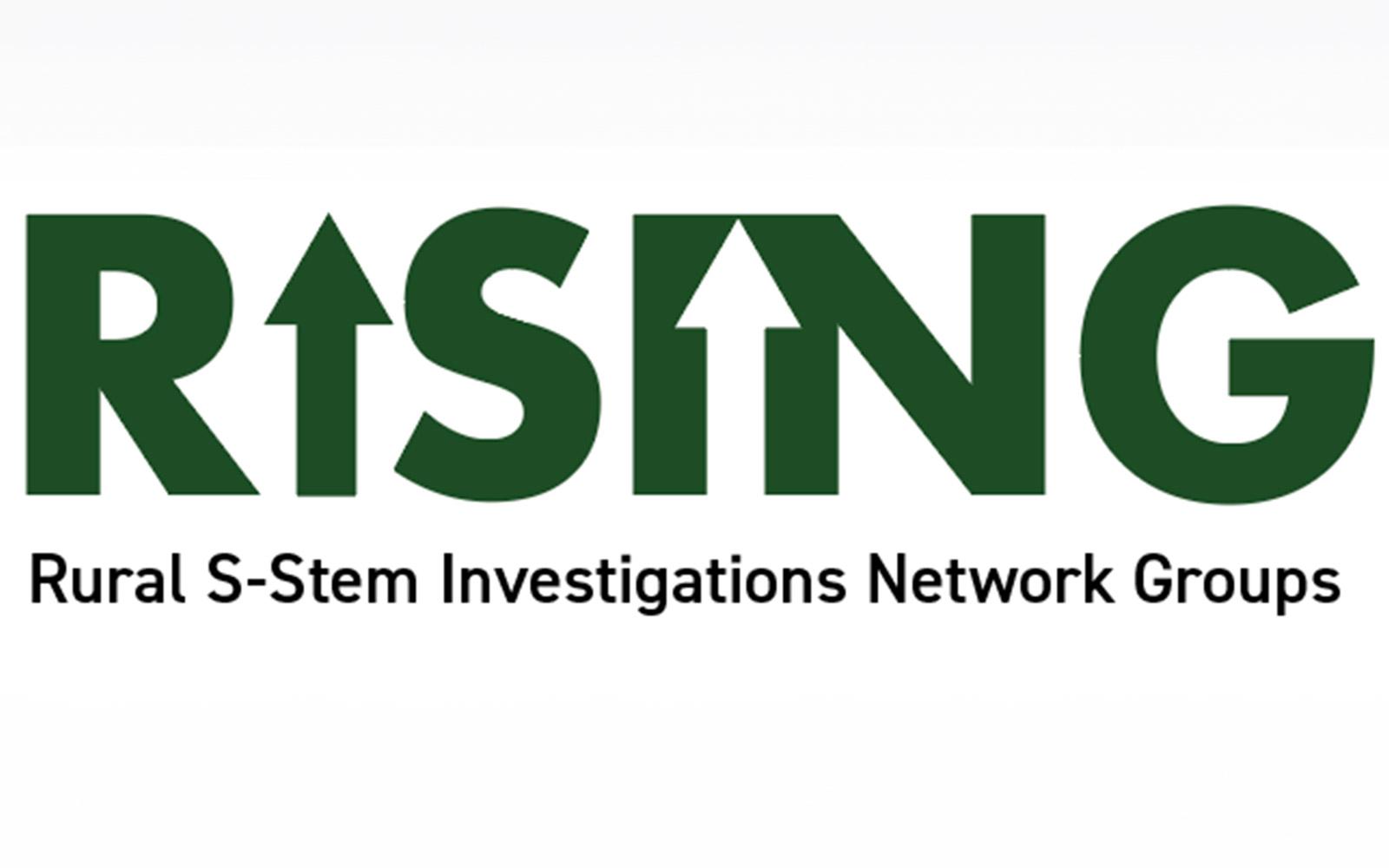MSU researchers developing support networks for rural college STEM programs with $2M NSF grant

Contact: Emile Pennington
STARKVILLE, Miss.—A new Mississippi State-led project will address the gaps in STEM education for rural, low-income students thanks to a National Science Foundation grant.
MSU Social Science Research Center Director Devon Brenner is leading the Rural Low-Income Student Investigations Network Groups, or RISING, with a $2 million, five-year NSF award to collect data and create research networks for STEM programs.
Approximately 82% of STEM workers must have at least a bachelor’s degree, but only 25% of individuals from rural areas obtain a four-year degree. By establishing a collaborative network of mentors and teachers, researchers aim to improve pathways to higher education.
“We get to do the exciting work of creating infrastructure to support the scholarship of our STEM colleagues at rural, regional and community colleges across the country,” Brenner said.
The project will first develop groups mentored by coprincipal investigators Jean Mohammadi-Aragh, associate professor of electrical and computer engineering; Diana Outlaw, associate professor of biological sciences; and Jason Wallace and Christa Winkler, both assistant professors of higher education leadership. These networks will be comprised of educators from across the country who have NSF Scholarships in STEM projects, which target the recruitment and retention of low-income students to STEM fields.
“NSF is supporting really innovative S-STEM projects, but sometimes there isn’t an incentive or support system for the faculty to publish and share research from these projects,” Outlaw said. “We have to facilitate this research if we want to know more comprehensively what makes programs work for rural STEM students.”
Recruitment for the network groups will begin through these collaborators and at conferences for the S-STEM community. Outlaw said the final groups will develop research questions on which to collect data from their S-STEM projects. The MSU team will provide support and guidance for each group as they work to answer those questions. Finally, the networks will share information with each other and beyond.
Other collaborators on the RISING team include representatives from Indiana Wesleyan, North Dakota State, and Texas Tech universities, and the University of North Alabama.
Mississippi State University is taking care of what matters. Learn more at www.msstate.edu.